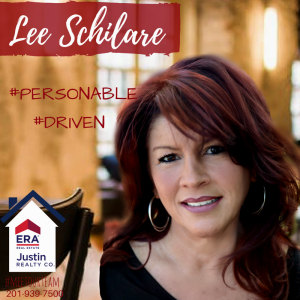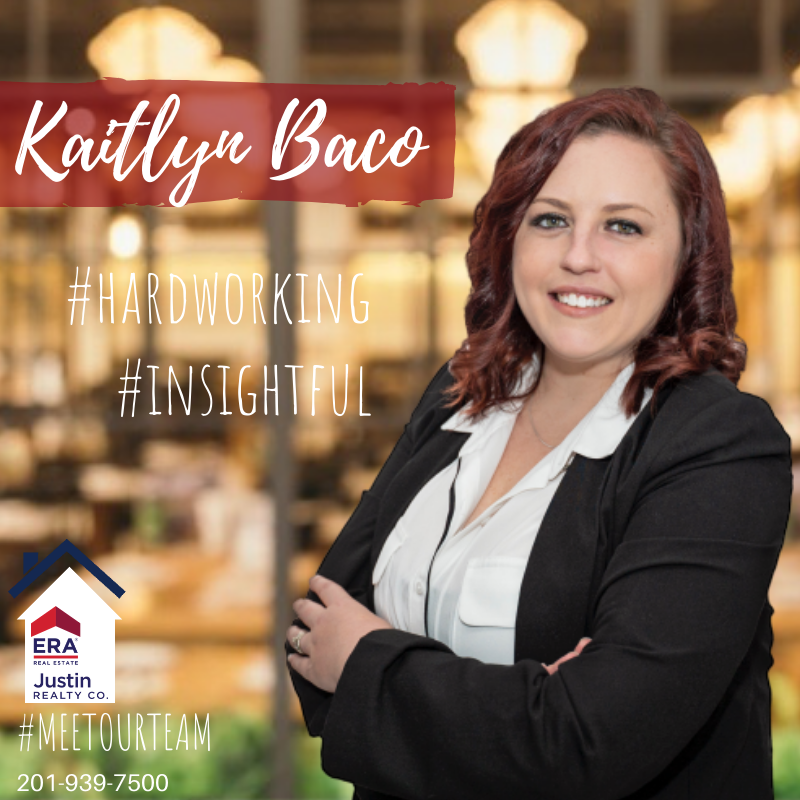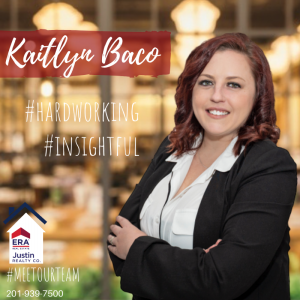ERA Justin Realty Co. Spreads Holiday Cheer with Toys for Tots Drive
For the second year in a row, ERA Justin Realty announced that they will be will collaborating with ERA Real Estate and other ERA affiliated brokerages across the country to join together to collect holiday gifts for children in need.
The campaign will kick off the week of November 9 and continue until the Tuesday after Thanksgiving, also known as #GivingTuesday, and will work in tandem with national non-profit organization Toys For Tots. The final day for toy drop off will be Friday, December 5.
Established in 1947, Toys for Tots is the U.S. Marine Corps’ premiere community action
program. A national program with a local touch, the charity has local toy collection and
distribution programs in most major market areas and all 50 states. For more than 70
years it has distributed an annual average of 18 million toys to seven million children in need.
“For many families, they must choose between buying gifts and paying bills,” said Ron Darby, Broker/Co-owner of ERA Justin Realty.
“We have a long history of giving back to our local community,” added Jennifer Darby Metzger, Broker/Co-Owner. “We are excited to once again team up with our ERA colleagues around the country to ensure that every child experiences the joy of opening a gift this holiday season.”
Donations can be dropped off at ERA Justin’s office at 118 Jackson Avenue, Rutherford. A drop off box will be available near the front desk. Donations are being accepted from Thursday, November 12 until Friday, December 5.
Do you prefer to do your shopping online? You can also join the movement by purchasing toys online through AmazonSmile.com. By choosing Toys for Tots as the designated charity through AmazonSmile.com, a small portion of each purchase will be donated on behalf of Amazon directly to Toys for Tots at no additional cost. All purchases should be shipped to 118 Jackson, Avenue, Rutherford, NJ 07070. Please shop early to ensure that all purchases are delivered to this location by December 5, 2020.
The entire team at ERA Justin Realty is thankful for your support and generosity this holiday season!


 Facebook
Facebook
 X
X
 Pinterest
Pinterest
 Copy Link
Copy Link

















